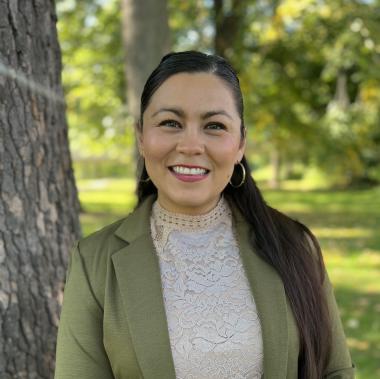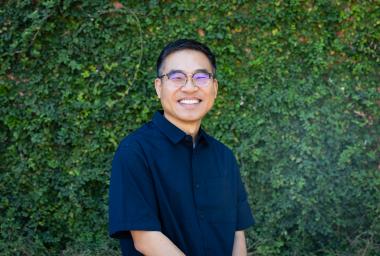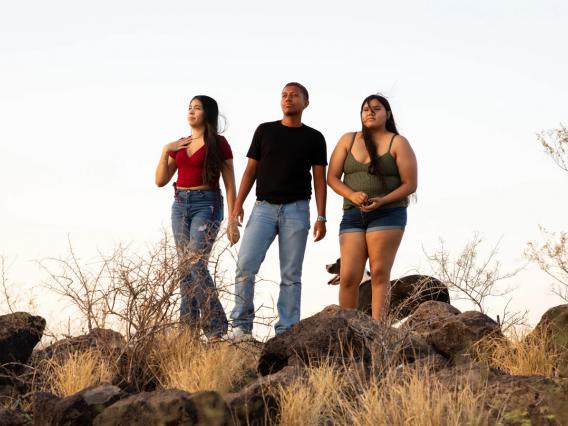Welcome to the Department of Educational Policy Studies & Practice; we are so glad you’ve stopped by!
The Department of Educational Policy Studies & Practice (EPSP) includes two academic units: Educational Leadership & Policy (EDL) and the Center for the Study of Higher Education (HED). With 19 full-time faculty and five affiliate faculty, we offer an array of graduate programs, including in-person, hybrid, and online options. We are proud to partner and house Native Soar, Project Familia, Upward Bound, and the Emancipatory Education minor, which is a college-wide minor focused on liberatory approaches to education. Our fantastic staff, Erika Lopez, Diana Peel, and Lora Francois keep us steadily running, and Dr. Leslie D. Gonzales serves as our Department Head.
Our Graduate Degrees
EPSP prepares graduate students at the doctorate and master's degree levels.
- Within EDL, our programs include a fully online Ed.D. and a face-to-face Ph.D. and M.Ed. The M.Ed. degree is a standards-driven curriculum that includes the coursework required for PK-12 school principal certification in the state of Arizona.
- Within HED, our programs include a Ph.D. and M.A. degree. Both programs include face-to-face instruction, as well as online and hybrid (e.g., mixed format) instruction.
EPSP’s Academic Focus and Strengths
Both units center on equity, inclusion, and social justice. Both units prepare students as scholars, practitioners, and activists consistent with each unit’s professional career paths and state certification standards leading to licensure. However, together, the units offer expertise across multiple PK-20 educational contexts.
As a department, we have many strengths, including expertise in leadership, organizations, policy, and student experiences and outcomes. Given our location in the borderlands, we are attuned not only to the role of local and national context, but to international contexts and how the educational enterprise is affected by societal, economic, historical, and political pressures. Finally, our faculty holds a robust array of methodological expertise, including critical quantitative skills, such as Indigenous statistics and big data, to critical and community-connected qualitative methods.
Student Support and Resources
Key Student Resources
On our student resource page, information on key offices and processes are provided, such as the Bursar’s office, the IRB Office, and various Diversity and Inclusion offices on campus. Traveling to present research at a conference? Apply for funding here! Need a refresher on course registration? Check out the Registrar's website and enrollment tutorial! Are you teaching/serving as a Teaching Assistant (T.A.); if so, review these great tools.
If you are a Native student here at the University of Arizona and have a question about your Tribal Aid, please visit Scholarships and Financial Aid and select the Tribal Aid category.
A/Cafecitos
A/Cafecitos stands for Academic Cafecitos and refers to a collaboratively designed and administered professional development series intended to foster community amongst our students.
Sessions for Fall 2024 are scheduled as follows:
- September 12, 2024, 3:00-5:00 p.m.
- November 12, 2024, 2:00-3:30 p.m.
- February 6, 2025, 3:00-5:00 p.m.
- April 9, 2025, 2:00-4:00 p.m.
We respectfully acknowledge the University of Arizona is on the land and territories of Indigenous peoples. Today, Arizona is home to 22 federally recognized tribes, with Tucson being home to the O'odham and the Yaqui. Committed to diversity and inclusion, the University strives to build sustainable relationships with sovereign Native Nations and Indigenous communities through education offerings, partnerships, and community service.






